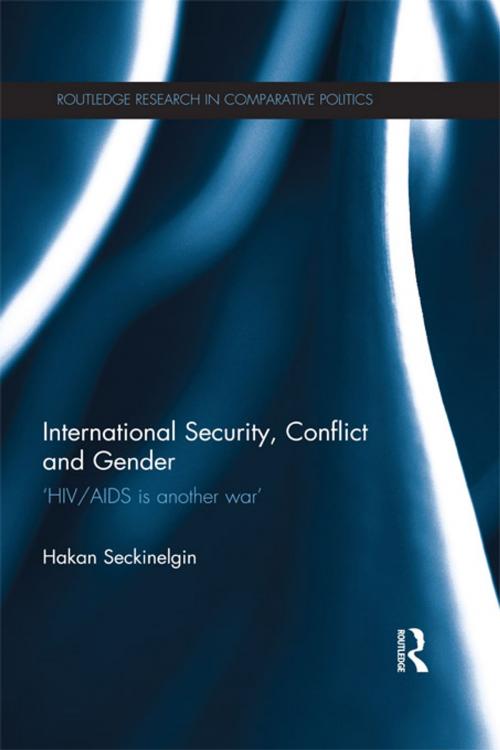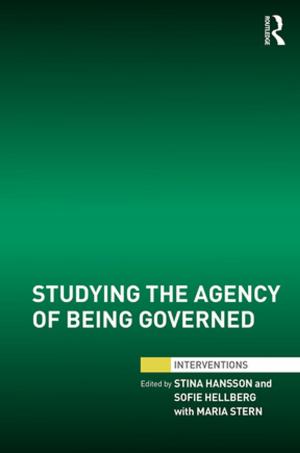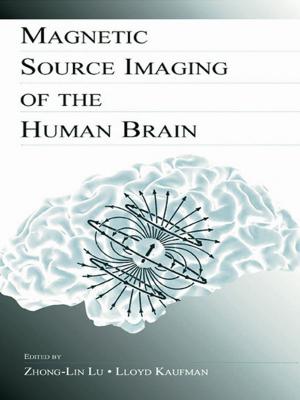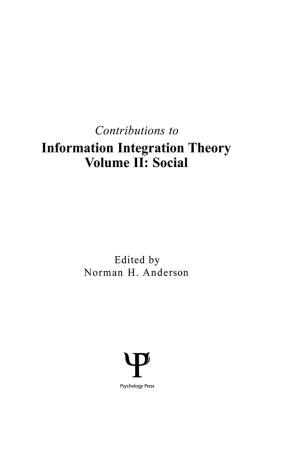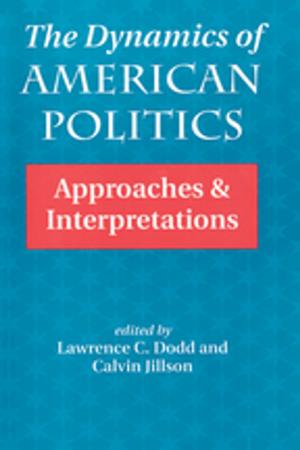International Security, Conflict and Gender
'HIV/AIDS is Another War'
Nonfiction, Social & Cultural Studies, Political Science| Author: | Hakan Seckinelgin | ISBN: | 9781136286704 |
| Publisher: | Taylor and Francis | Publication: | June 25, 2012 |
| Imprint: | Routledge | Language: | English |
| Author: | Hakan Seckinelgin |
| ISBN: | 9781136286704 |
| Publisher: | Taylor and Francis |
| Publication: | June 25, 2012 |
| Imprint: | Routledge |
| Language: | English |
This book challenges the conventional security-based international policy frameworks that have developed for dealing with HIV/AIDS during and after conflicts, and examines first-hand evidence and experiences of conflict and HIV/AIDS.
Since the turn of the century international policy agenda on security have focused on HIV/AIDS only as a concern for national and international security, ignoring people’s particular experiences, vulnerabilities and needs in conflict and post-conflict contexts. Developing a gender-based framework for HIV/AIDS-conflict analysis, this book draws on research conducted in Burundi to understand the implications of post-conflict demobilization and reintegration policies on women and men and their vulnerability to HIV/AIDS. By centring the argument on personal reflections, this work provides a critical alternative method to engage with conflict and HIV/AIDS, and a much richer understanding of the relationship between the two.
International Security, Conflict and Gender will be of interest to students and scholars of healthcare politics, security and governance.
This book challenges the conventional security-based international policy frameworks that have developed for dealing with HIV/AIDS during and after conflicts, and examines first-hand evidence and experiences of conflict and HIV/AIDS.
Since the turn of the century international policy agenda on security have focused on HIV/AIDS only as a concern for national and international security, ignoring people’s particular experiences, vulnerabilities and needs in conflict and post-conflict contexts. Developing a gender-based framework for HIV/AIDS-conflict analysis, this book draws on research conducted in Burundi to understand the implications of post-conflict demobilization and reintegration policies on women and men and their vulnerability to HIV/AIDS. By centring the argument on personal reflections, this work provides a critical alternative method to engage with conflict and HIV/AIDS, and a much richer understanding of the relationship between the two.
International Security, Conflict and Gender will be of interest to students and scholars of healthcare politics, security and governance.
